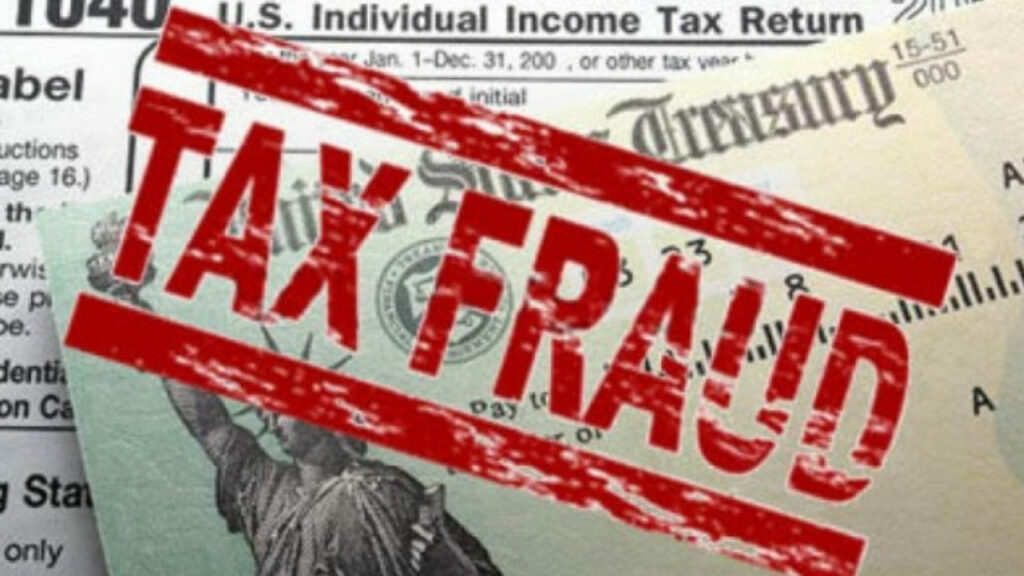The Directorate General of GST Intelligence (DGGI) detected tax evasion worth Rs 2.01 lakh crore in the financial year 2023-24. This marks a sharp increase from Rs 1.01 lakh crore detected in FY23, highlighting a significant rise in tax non-compliance. According to the DGGI’s latest annual report, 6,084 cases of GST evasion were uncovered in FY24, compared to 4,872 cases in the previous financial year.

Mumbai Tops GST Evasion Zones
Among the zones, Mumbai topped the list, accounting for Rs 70,985 crore of the total GST evasion detected. Other major zones include Delhi with Rs 18,313 crore, Pune with Rs 17,328 crore, Gurugram with Rs 15,502 crore, and Hyderabad with Rs 11,081 crore. These cities collectively represent a substantial portion of GST evasion across the country.
Key Sectors Prone to GST Evasion
The DGGI report highlighted that the real money online gaming sector registered the highest GST evasion in services, amounting to Rs 81,875 crore in 78 cases. This was followed by the banking, financial services, and insurance (BFSI) sector, which recorded evasion worth Rs 18,961 crore in 171 cases. Additionally, sectors like works contract services and pharmaceuticals also reported significant evasion.
Goods Sectors with High Evasion
In terms of goods, the iron, copper, scrap, and alloys sectors saw 1,976 cases of GST evasion, totaling Rs 16,806 crore. The pan masala, tobacco, cigarette, and bidi sectors came second, with Rs 5,794 crore in evasion. Other goods sectors, including plywood, timber, paper, and electronics, also reported significant evasion cases.
Steady Rise in GST Evasion Detection
Since the introduction of GST in 2017, the detection of tax evasion has been steadily increasing. In 2017-18, Rs 7,879 crore was detected, and the figure has consistently risen each year, reaching Rs 50,325 crore in 2021-22. This upward trend demonstrates the growing focus on identifying and curbing tax evasion under the GST regime.
Conclusion
The sharp rise in GST evasion, especially in key sectors like gaming and BFSI, emphasizes the need for stricter enforcement of tax regulations. With the DGGI continuing to uncover large-scale non-compliance, further efforts are likely to focus on curbing evasion in both goods and services sectors.











